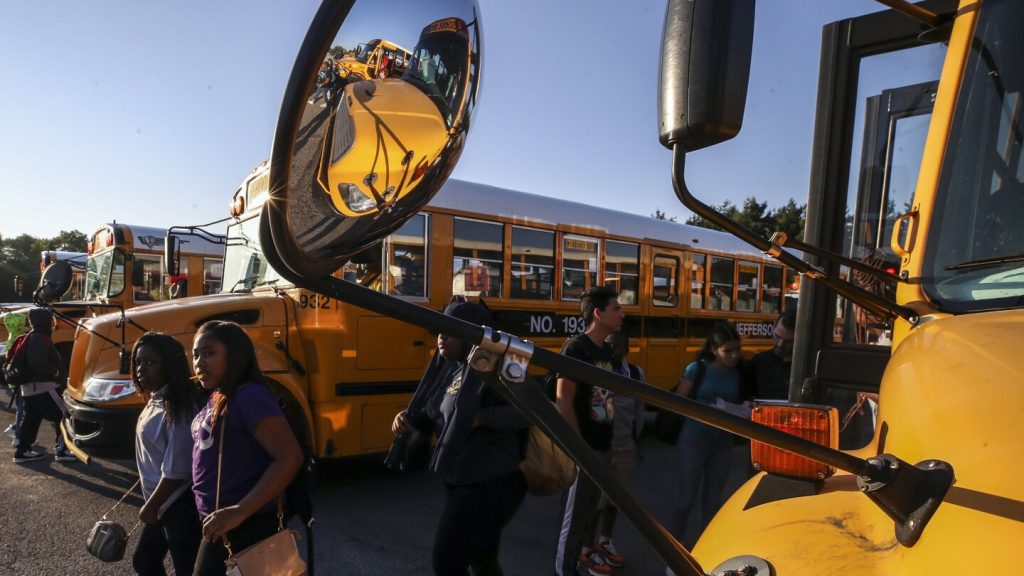Kentucky’s ongoing debate over whether taxpayer money should fund private or charter schools could finally be resolved in November when voters decide on a ballot measure. The proposed school choice constitutional amendment, placed on the general election ballot by the GOP-dominated legislature, would allow lawmakers to determine whether to support private or charter school education with taxpayer dollars. Republican Senate President Robert Stivers stated that the ballot measure will settle the question once and for all, with Democratic Governor Andy Beshear and the Kentucky Education Association opposing the measure.
Despite opposition from Governor Beshear and the education association, Republican Senate Majority Floor Leader Damon Thayer plans to advocate for the ballot measure. He believes that opponents will be well funded, but supporters will have the resources to make their case to voters. The push for the constitutional amendment comes after court rulings that tax dollars must be spent on public schools, and cannot be diverted to charter or private institutions. Potential campaign themes have emerged, with concerns raised about the impact on rural Kentucky communities where public schools are major employers.
Republican lawmakers have faced legal challenges in the past when trying to expand school choice options, leading to the current effort to amend the state constitution. Stivers expressed confidence that both charter schools and public education can coexist and thrive together. The spending plan approved by lawmakers includes an increase in per-pupil funding for public K-12 schools and additional state funding for less-wealthy school districts to address funding disparities. However, some lawmakers criticized the budget for not including across-the-board pay raises for teachers and not funding Beshear’s proposal for preschool for every 4-year-old in Kentucky.
The debate over school choice in Kentucky is expected to intensify as the November election approaches. Supporters of the ballot measure believe that it will provide parents with more options for their children’s education, especially those in low- and middle-income families. Opponents argue that public taxpayer dollars should not be used to fund private schools, and that public schools should remain the primary recipients of state funding. The outcome of the ballot measure will have significant implications for the future of education in Kentucky, and voters will have the opportunity to make their voices heard on this contentious issue.


